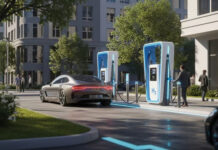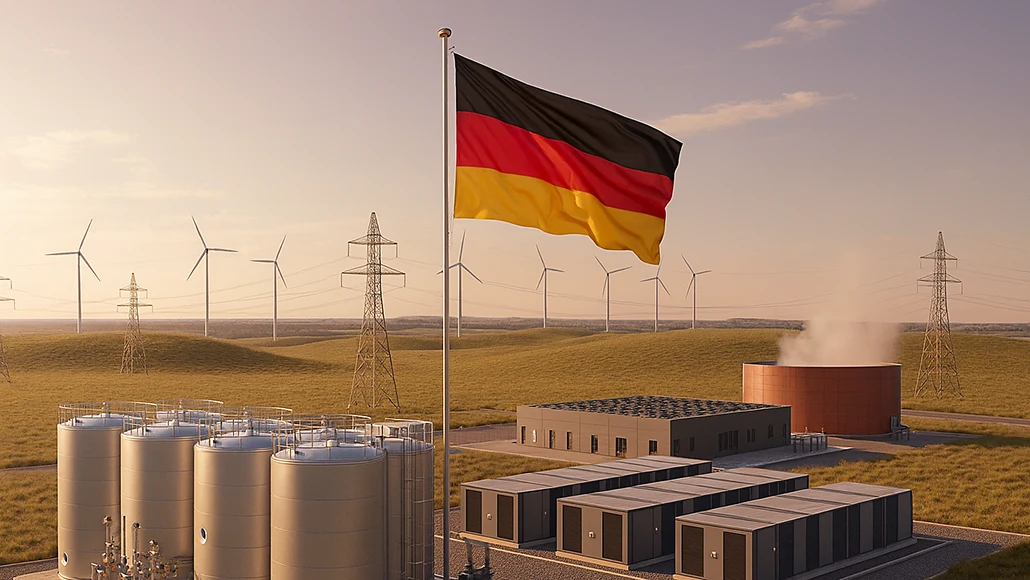The German government has made major regulatory reforms to expedite the permitting procedure for large-scale energy storage projects. New legislation aims to simplify planning regulations for facilities in non-urban areas. The German Parliament, the Bundestag, has adopted a legal modification that will define battery, heat, and hydrogen storage as privileged projects in non-urban regions, specifically under Paragraph 35 of the Federal Building Code. This crucial move aims to simplify zoning requirements and ultimately hasten the deployment of these vital facilities. While the legislation passed a critical legislative vote in the Bundestag, it still needs approval from the Bundesrat, the second legislative house of Parliament, before it can officially go into effect.
This reform is part of an “omnibus package” that simultaneously amends the Energy Industry Act (EnWG) and several related statutes. The governing parliamentary groups—CDU, CSU, and SPD—introduced the provision based on the argument that large battery systems often require access to substations and high-voltage nodes, which are rarely situated within built-up zones. The German Solar Association (BSW-Solar) confirmed that this new zoning category will remove a significant procedural bottleneck for utility-scale batteries. “This will significantly simplify planning approvals for battery and heat storage and provide greater legal certainty,” said Carsten Körnig, the association’s CEO. He added, “It removes an important barrier to the rapid scale-up of storage needed for an efficient and cost-effective energy transition.” A Bundestag statement on the vote explicitly recognized that battery systems of at least one megawatt-hour are “by their nature” typically situated outside urban areas. Granting privileged status under the BauGB is intended to offer developers a clearer, faster permitting pathway.
The German Energy Storage Systems Association (BVES) immediately welcomed the ruling, with CEO Urban Windelen stating that the legal clarification would finally provide a stable framework for siting “flexibility projects” in appropriate locations. Windelen further noted that the amendment reflects a broader shift in understanding: flexibility and resilience requirements in the modern power system can no longer be managed with rules designed for older infrastructure. “With this revision, lawmakers are taking a clear and pragmatic step in that direction, which we, as the storage sector, strongly welcome,” he said.
In a related change, the legislative package includes a separate amendment that ends a long-standing disadvantage for mixed-use storage systems—those that can charge from both the grid and renewable generators. Previously, only facilities that charged exclusively from the grid and fed all electricity back to the grid qualified for a network charge exemption. The updated rule will extend this exemption to multi-use systems, consequently improving the business case for batteries paired with PV plants or customer-side installations. Körnig commented that “Multi-use storage is particularly useful because it makes very efficient use of grid-connection capacity and reduces export and consumption peaks.” Additionally, Udo Hemmerling, Managing Director of the Federal Association of Non-Profit Land Companies (BLG), was reportedly positive about the decision, saying, with a positive surprise, “For wind, biogas and ground-mounted PV plants, it is now possible to add battery storage to the plant with less planning effort and improve revenues on the electricity market.” This move supports large-scale energy storage by reducing planning effort and improving project economics. The law will take effect once the Bundesrat grants its approval and the final text is published in the Federal Gazette (Bundesgesetzblatt).































